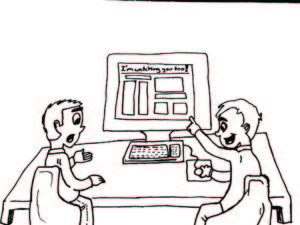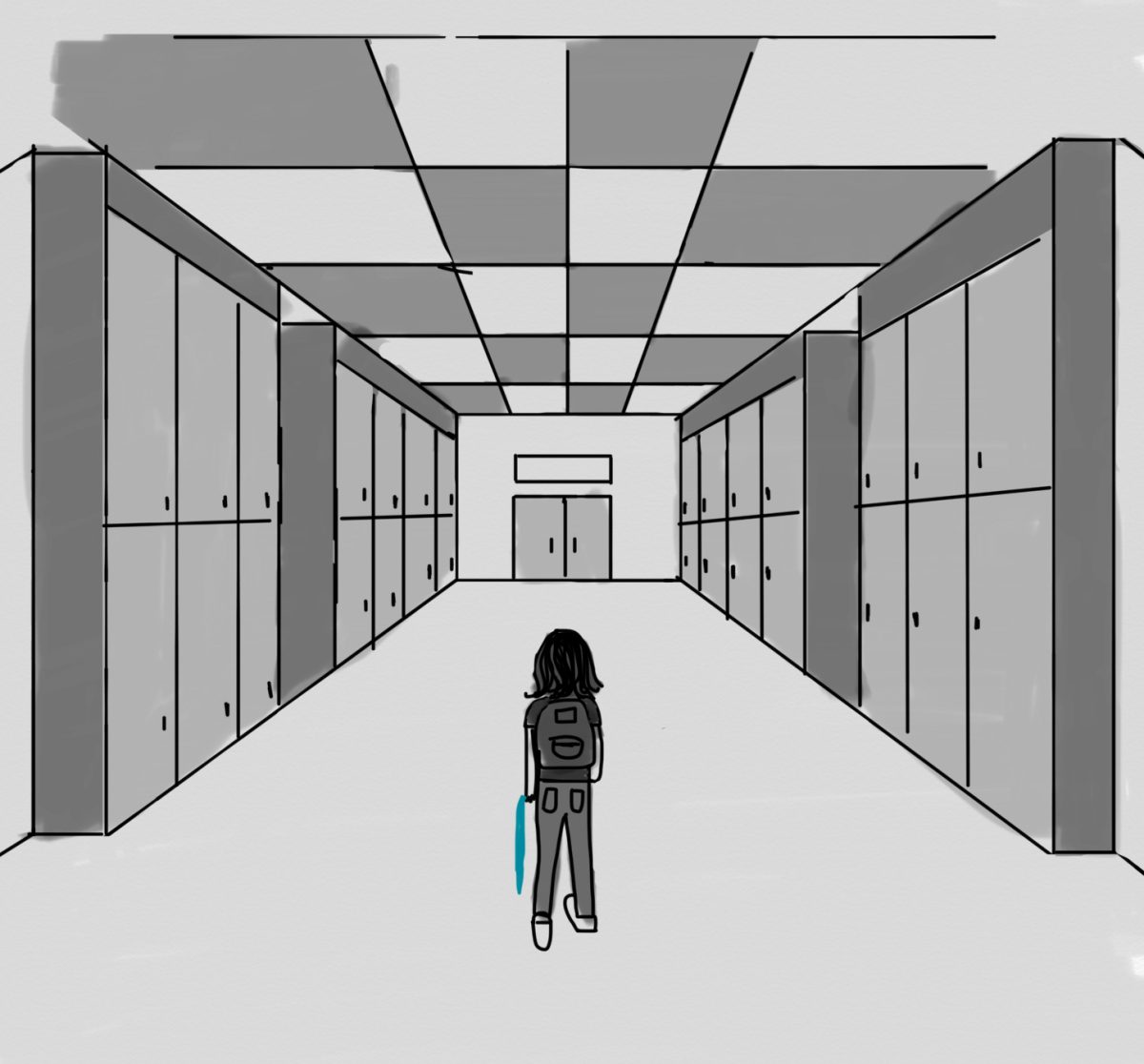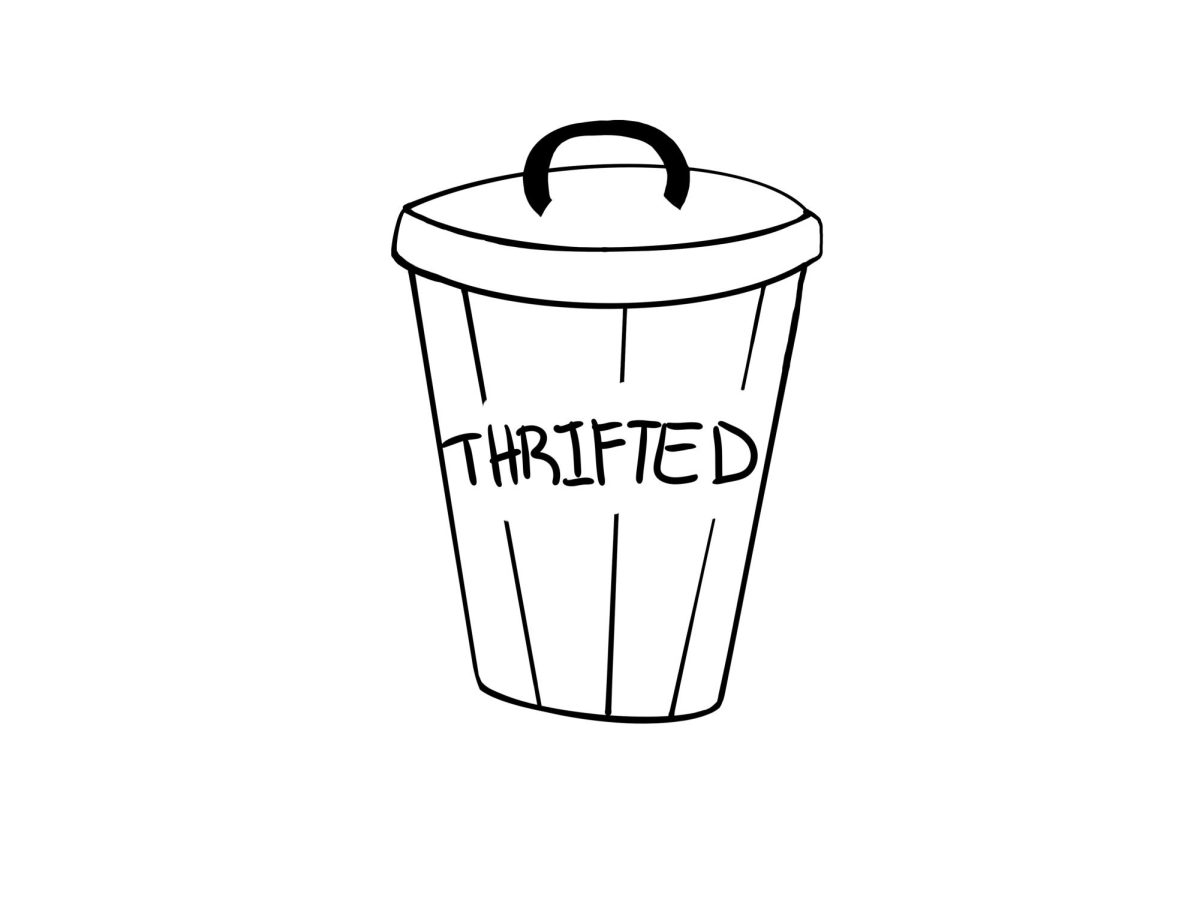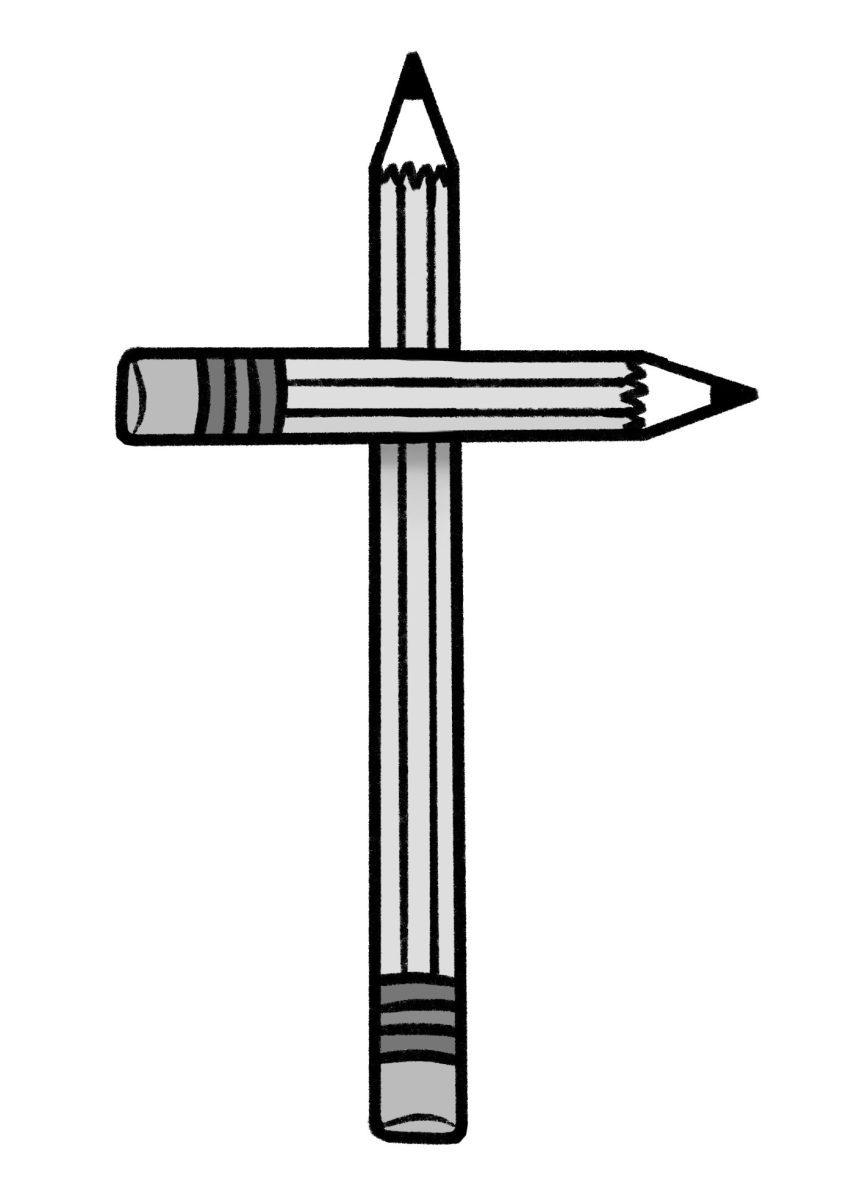The tired trope of Big Brother as a synonym for any sort of perceived invasion of privacy is a fixture of our society, so it was no surprise to me when students in my AP Literature class referenced the Orwell classic a few weeks ago were instructed to download a Google Chrome extension on our district email accounts on school Chromebooks. The software allows teachers to view the screen of any student on a Google Chromebook computer at Redwood at any time. The software also lets teachers to take control of students’ screens, block websites and send messages to screens with phrases like “No Peeking!” if a student is off task. It was only used for a few days, and that specific software was not chosen for use in the following year, but it was indicated that a very similar software would be used in the future, especially with underclassman.
While I do agree with my classmates that this seems to be an invasion of our privacy in the Big Brother realm, I think the issue goes beyond just that. Let’s face it: students in public schools aren’t granted a great deal of privacy in the first place. School officials retain the right to search and seize students’ personal items without warrant while they are on school property. Additionally, a recent study by the Electronic Frontier Foundation, a nonprofit that “champions user privacy, free expression, and innovation,” found that oftentimes Education Technology (Ed Tech) software is not protecting student privacy. Despite laws such as the Family Educational Rights and Privacy Act (FERPA) and the Children’s Online Privacy Protection Act (COPPA) intended to protect against third parties gaining access to students’ information, third-party Ed Tech companies often qualify as “school officials” and can therefore bypass these laws.

Software that allows teachers to watch their students’ computer screens challenges the trust and respect that exists between students and teachers, a relationship that is often already strained in a high school setting. This fragility can be caused by many complicated factors, such as a power struggle between students and teachers, behavioral issues and a lack of engagement by both teachers and students, among other things. This means that we should be doing everything possible to maintain or improve this relationship, rather than damage it further and risk a loss of learning.
Students of all grade levels are being told to download the software in various classes, and while my teacher noted that she would be using the software more with freshmen, students in high school should be afforded more trust than what these teachers are offering.
The childish graphics and the messages that accompany them are patronizing, as is the feeling that the teacher may or may not be watching your every keystroke. This leads to the impression that students need direct supervision, downgrading the teacher to a babysitter. If a person is nearly an adult, and less than a year away from living independently, then they should be allowed to manage their own time. Obviously there will be a few students who exploit this system, but it is not fair or appropriate to treat all students as if they are children.
A classic argument that arises in any sort of matter of privacy and surveillance is that if you have nothing to hide, then you don’t need to worry about being watched. On a national security level this creates what is called the chilling effect, in which this mentality stifles the ability to have a place to go to be free, to be one’s authentic self without fear of someone watching and the repercussions that might come with that. And while of course teachers are not actively trying to suppress creative freedom, there is something to be said for a student’s ability to do their best work if they feel as if they are always being watched. They might be worried about taking creative risks in their writing or taking longer to complete a more difficult assignment.
The truth of the matter is that if the material being taught and the activities being done in class are interesting, then teachers wouldn’t need to micromanage students at this level. I know this from my own experience as a student of 12 years—if I’m interested in a lesson, then I won’t feel the need to be off task. There will always be outliers who don’t pay attention at all or simply aren’t interested in the subject, but for the majority of students teachers should turn their attention away from this type of micromanagement and instead focus on making sure students are engaged by the material that is presented in the first place.

















